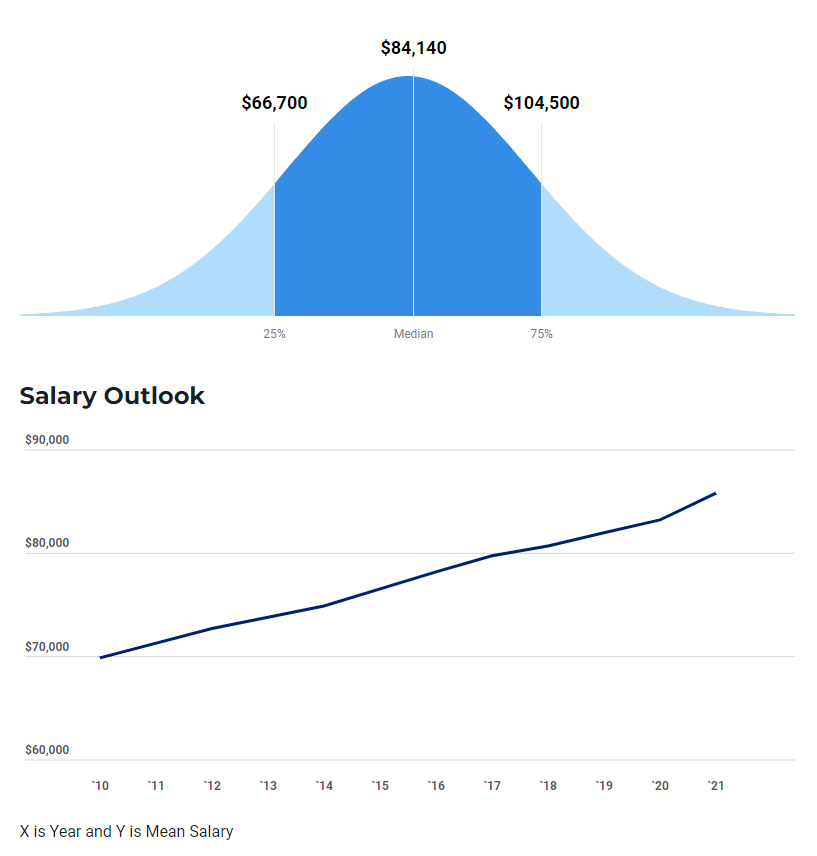About Speech-Language Pathology
What does a Speech-Language Pathologist (SLP) do?
Speech-language pathologists, also known as speech therapists, evaluate, diagnose and treat people with speech, language and swallowing difficulties. SLPs work with many types of patients, including people who have had a stroke or have a brain disease that impacts their movements. Infants and young children can have difficulty learning speech and language and may need speech therapy. SLPs also work with people who stutter or have voice disorders. Because we use the same muscles to swallow that we use for speech, SLPs also help people of all ages who have trouble swallowing safely.
Communication is essential, whether you are 1 or 101 years old, you need to be able to convey what you want or need in any given situation in life.
The Department of Communication Sciences and Disorders at Valdosta State University can help you become a Speech-Language Pathologist through our Bachelor of Science in Education (B.S. Ed.) Program and our Masters in Education (M. Ed.) Program.
Our program is unique because we have a dedicated Speech-Language and Hearing Clinic for our students amd the community.
A Career in SLP
The Bureau of Labor Statistics projects 19.3% employment growth for speech-language pathologists between 2022 and 2032. In that period, an estimated 33,100 jobs should open up.
The national median salary for SLP's in 2022 was $84,140. The top 25% made $104,500 and the lower 25% made $66,700 in 2022. As of 2023, SLP's make a median salary of $85,120 with the top 25% receiving $104,090 and the bottom 25% at $72,010 in Georgia.

Becoming an SLP
Georgia requires the following to become a Speech-Language Pathologist:
- Master's or higher degree with a major emphasis in speech-language pathology from an accredited program, which incorporates the academic coursework of 75 semester hours, 36 of which must be earned at the graduate level
- Complete a supervised clinical practicum with experience working with adults and children, in a variety of settings and a variety of communication problems. The experience must be obtained within an accredited program and amount to 375 hours of direct supervision and 25 hours of observation. At least 325 of the 400 hours must be obtained at the graduate level.
- Complete a required professional experience of no less than nine months of full-time or 18 months of part-time paid clinical experience
- Passage of a national examination approved by the Board
- Recency of study must be demonstrated via two CEUs within two years preceding application.
Communication Sciences & Disorders
- Health Sciences and Business Administration Building
-
Mailing Address
1500 N. Patterson St.
Valdosta, GA 31698 - Phone: 229.219.1327
- Fax: 229.219.1335